By Xue Lingqiao
(ECNS) -- "It's really hard to so say enough about what a wonderful human being this man was. So moral, so intelligent, so well-trained, so committed," as recalled by Bruce Reynolds, a professor emeritus from the University of Virginia (UVA), during a recent interview with China News Network on his relationship with former U.S. president Jimmy Carter.
Jimmy Carter, who served as the 39th president of the United States from 1977 to 1981, died on Dec. 29, 2024, at the age of 100, the Carter Center confirmed. Among Carter's many diplomatic achievements during his presidency, the most notable was promoting the establishment of diplomatic relations between the U.S. and China.
On this occasion, Reynolds shared his views on how the U.S. and China can draw experience and inspiration from the history of exchanges and continue to inherit the spirit of friendship and cooperation.
Noting that close economic communications have been witnessed after the establishment of diplomatic relations between the U.S. and China during Carter's presidency, Reynolds said that it is the establishment of the diplomatic tie that make the two countries realized the many common interests between the two countries, as they share common goals in promoting international nuclear non-proliferation, responding to global warming and terrorism.
"It's true, ‘Ping-Pong Diplomacy' and Richard Nixon's‘opening' was dramatic and monumental. But it's not the same as diplomatic recognition, that's not states-to-state relationships, and that's what Carter was able to achieve”, Reynolds said, mentioning the constructive role of former president Carter in promoting the normalization of bilateral relations between the U.S. and China.
He held that these are levels and areas of cooperation that required diplomatic recognition.
"So again, I want to speak of Carter's courage", he said.
The United States of America and the People's Republic of China agreed to recognize each other and to establish diplomatic relations beginning Jan. 1, 1979. In Reynolds’ opinions, it is from this point, that the stories of the two countries began, as he held that the exchanges between the two peoples and the relationship between the two governments are foundations of the bilateral relations.
Reynolds was of course one of the first envoys between the U.S. and China. Introducing that he was among the economic delegation members visiting China since 1973 as a postgraduate knowing something on China with certain Chinese language proficiency, he has established deep friendship with many Chinese economists including Justin Yifu Lin and Yao Yang from Peking University. Following the trip in 1973, reynolds has made many other visits to China.
"This is the stuff of relationships between the two countries. Hundreds of thousands of student visit back and forth every year. We need to have Chinese students in the U.S.. That's what we need. That's what diplomatic recognition made possible. That was the gateway. So in all these areas, thank you, President Carter."
Leaving his presidency, Carter and his wife co-founded the Carter Center, which played important roles in stabilizing and improving U.S.-China relations and enhancing the understanding between the two peoples.
"I do know that after he left the presidency, Carter had more than four decades of wonderful humanitarian public service. He is a moral man, a worshipful man, always trying to do the right things" , Reynolds said.
Reynolds believed that making peace is a hard thing, and it is much easier to be angry with each other. To this end, dialogue and communication are more encouraged.
He added that the National Committee on U.S.-China Relations would organize every two years a session on U.S.-China relationship. The UVA Miller Center of Public Affairs forum on U.S.-China relations will also host together with Fudan's Center for American Studies on Wednesday, as part of its many China-related activities.
"We hope we can try to bring light into the struggle," said him.
U.S. President-elect Donald Trump will take office on Jan. 20, 2025. Currently, there are differences and competition between the U.S. and China. The relationship between the two countries faces tests and challenges. In this regard, Reynolds also talked about his expectations for the coming U.S. government.
Pointing out that Carter would deal with facts and analysis the way an engineer would do, he hoped that President-elect Donald Trump could consider what economists say about the impact of tariffs on prices. If President Trump could, like Carter listen carefully to China and other countries, just quietly listen and learn from them, he would be better-positioned to improve the relationship between the two countries.
Moreover, he also emphasized that the restart of high-level visits between the sides are conducive to the mutual understanding and trust.
Reynolds just celebrated his 81st birthday on Jan. 1, which is echoing with the date of the establishment of the diplomatic relations between the U.S. and China. Currently with a long-term residence in China’s Shanghai, he said that he has just begun to understand China he first visited the country more than 50 years ago.
"We also hope that more Americans or more Chinese will go to each other's country to understand each other better," Reynolds concluded.








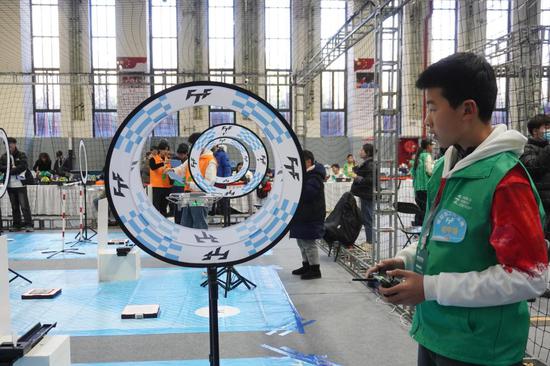
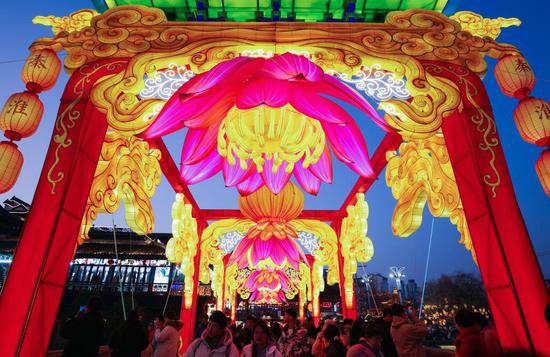
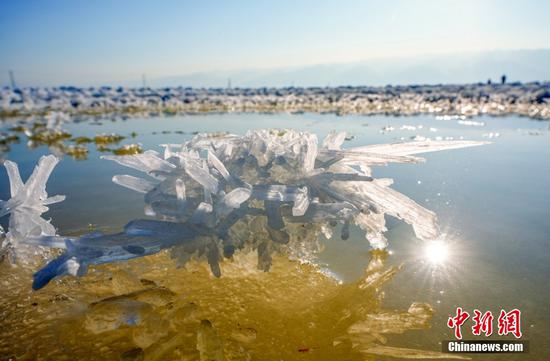
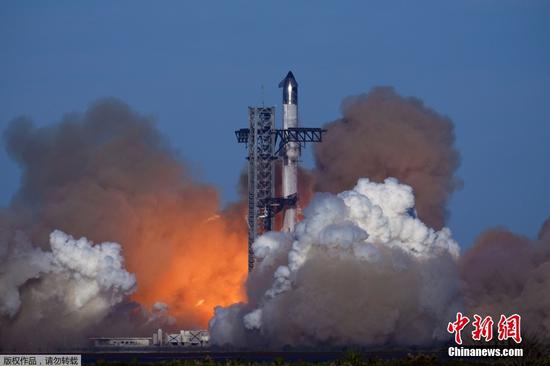
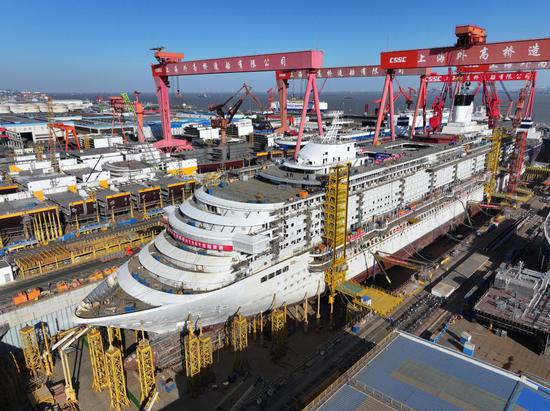
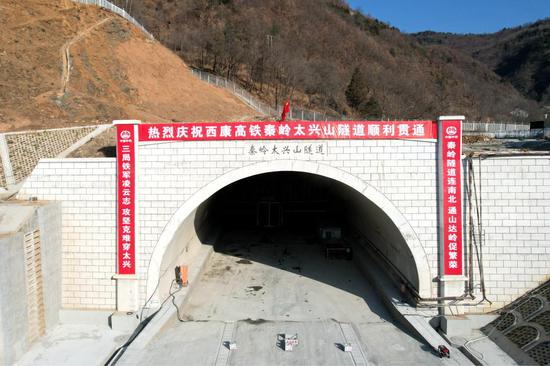
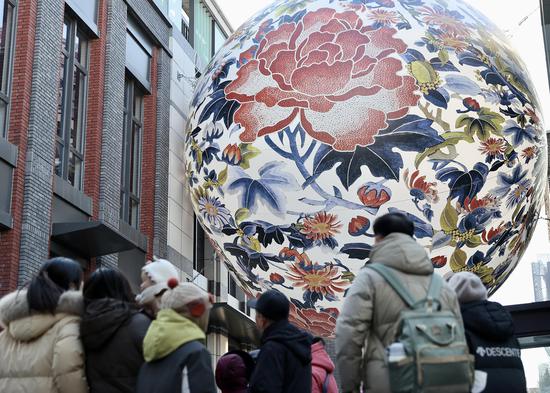
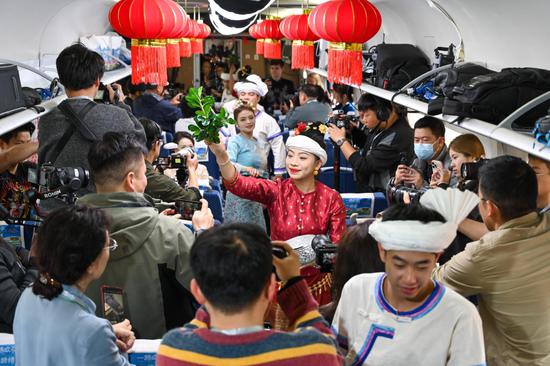
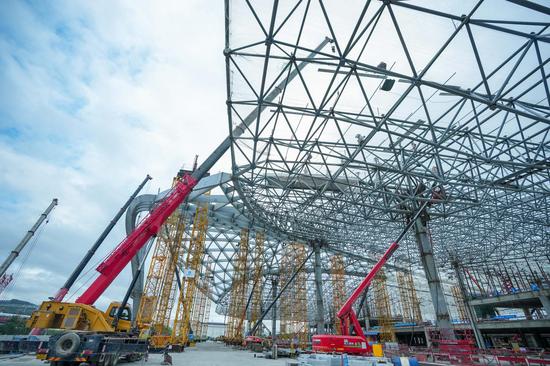
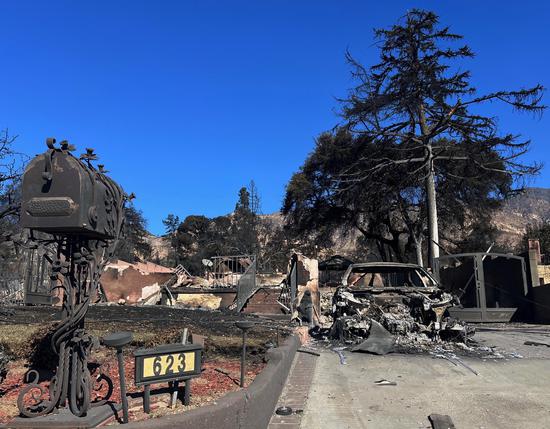
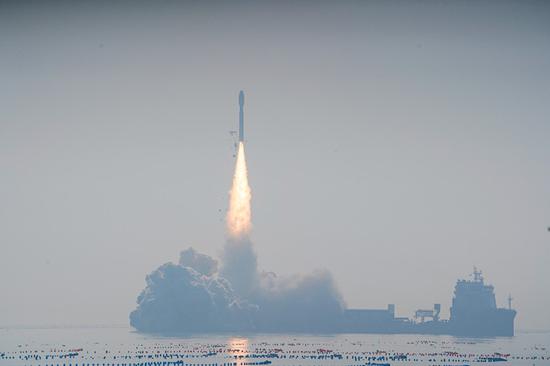
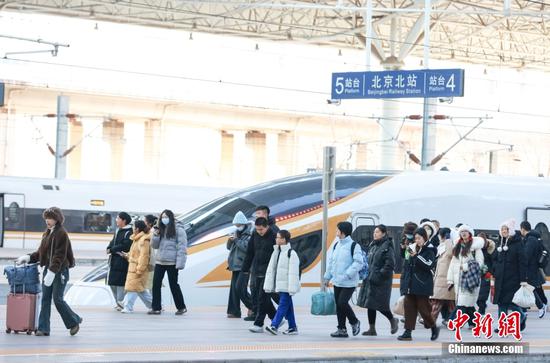


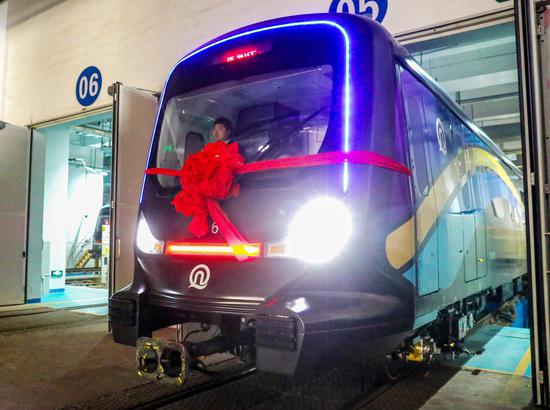
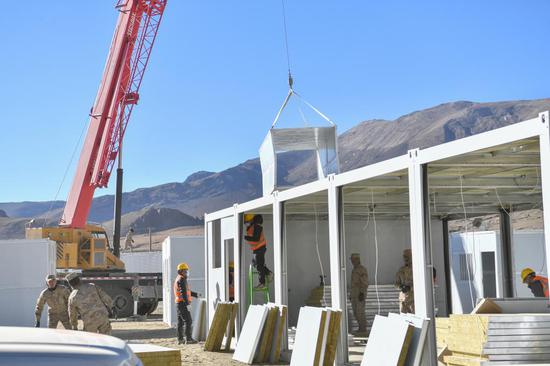
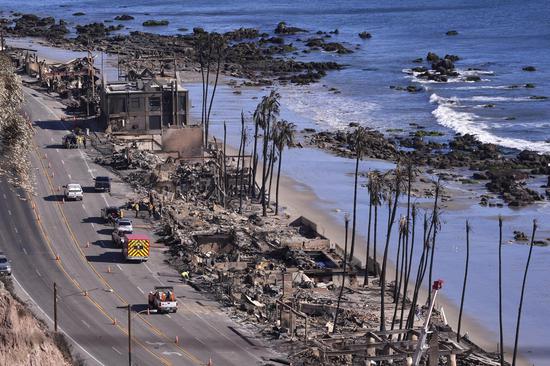
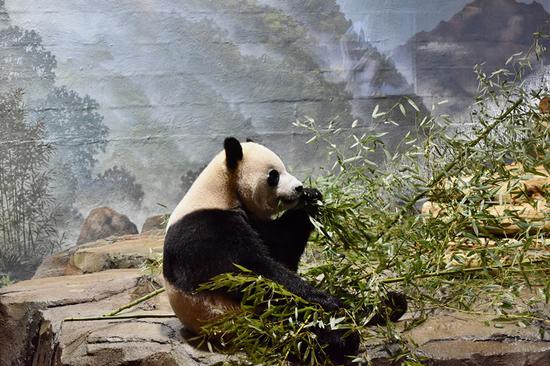

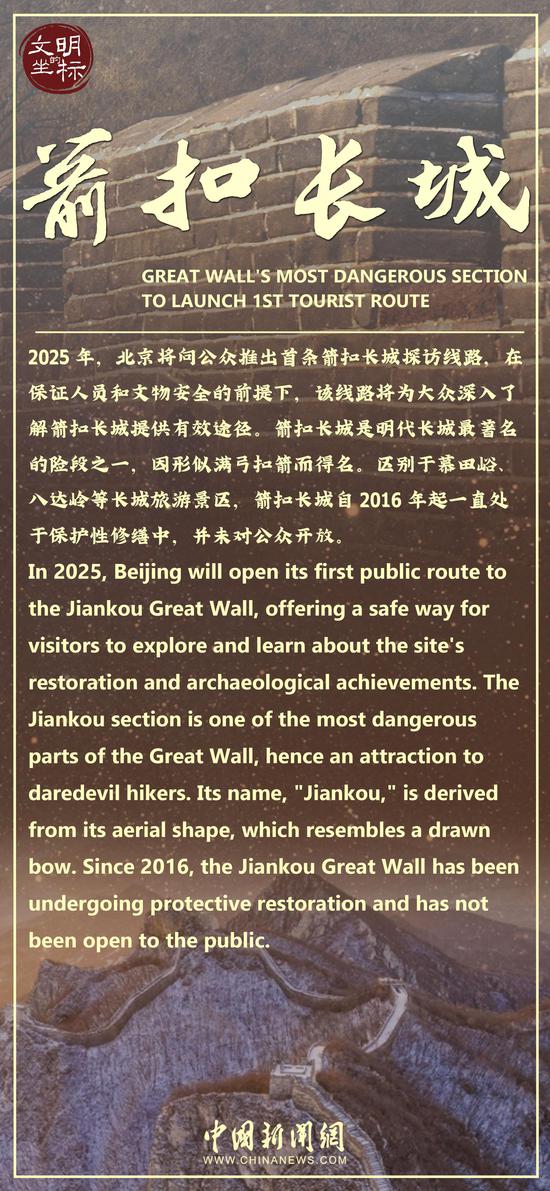
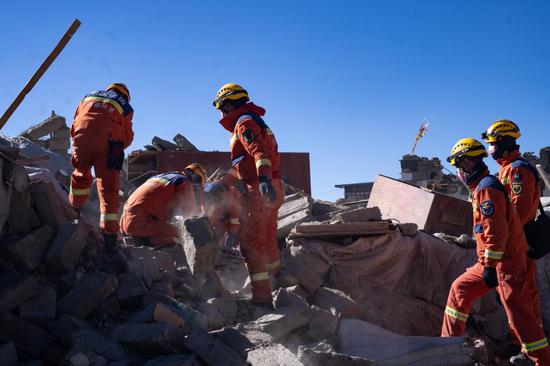
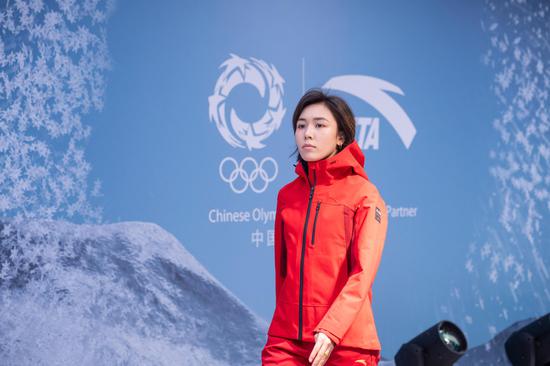

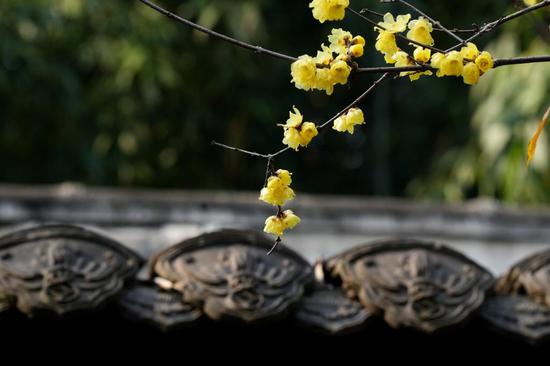
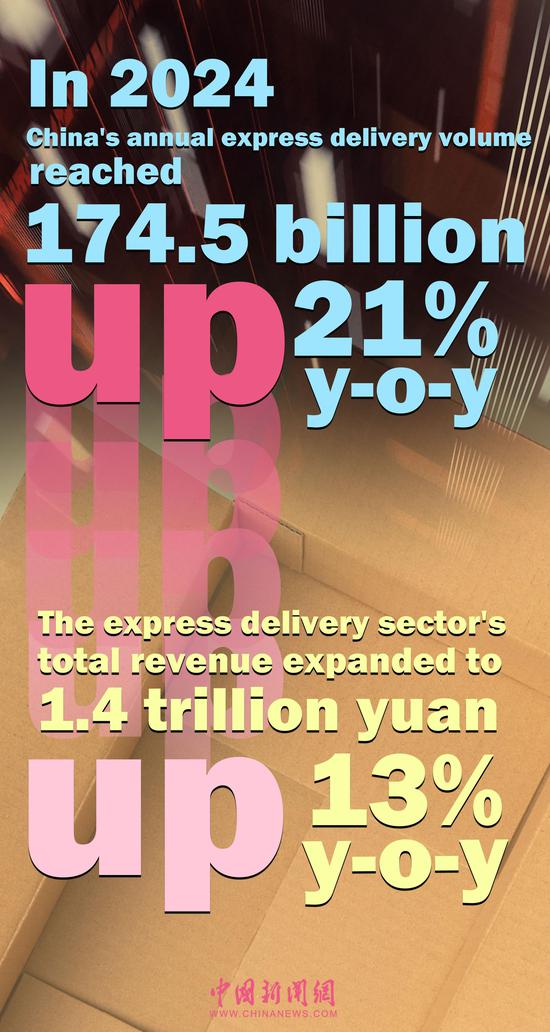
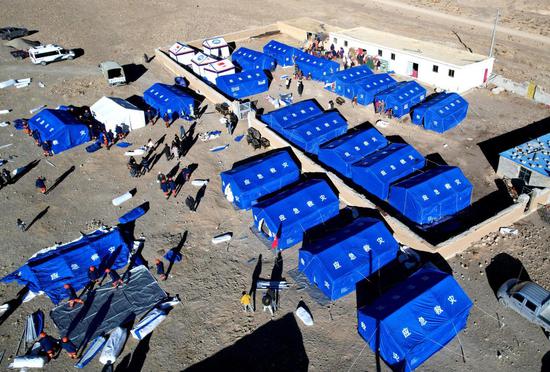
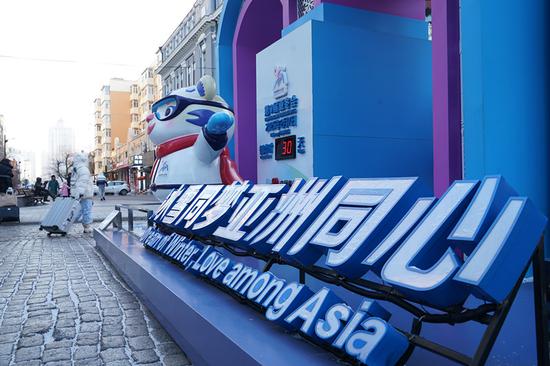
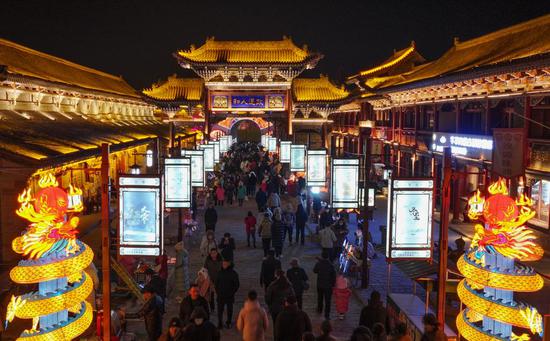
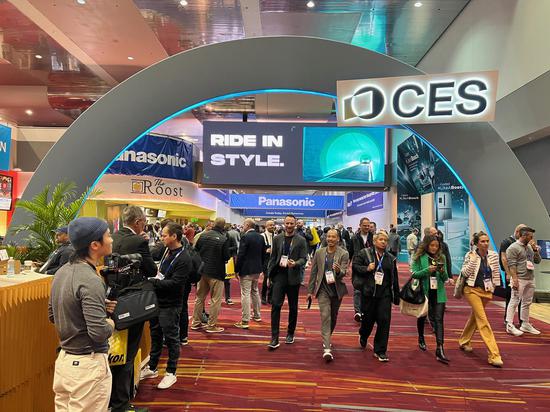
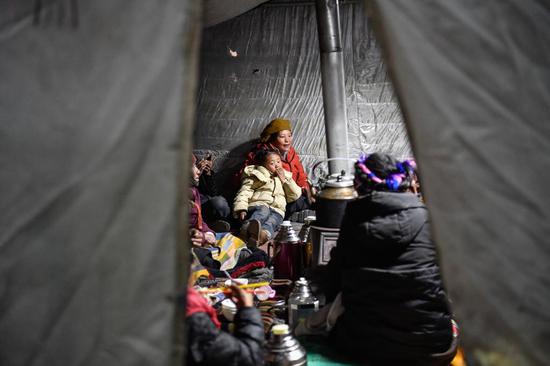
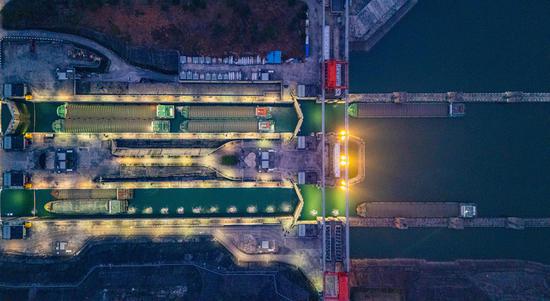

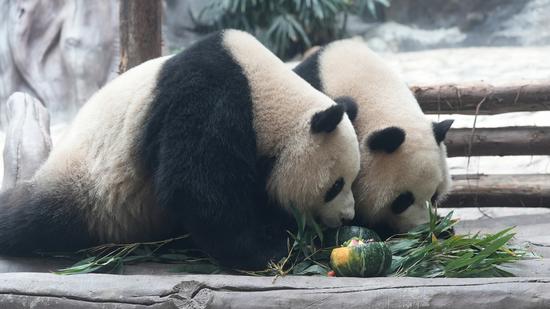
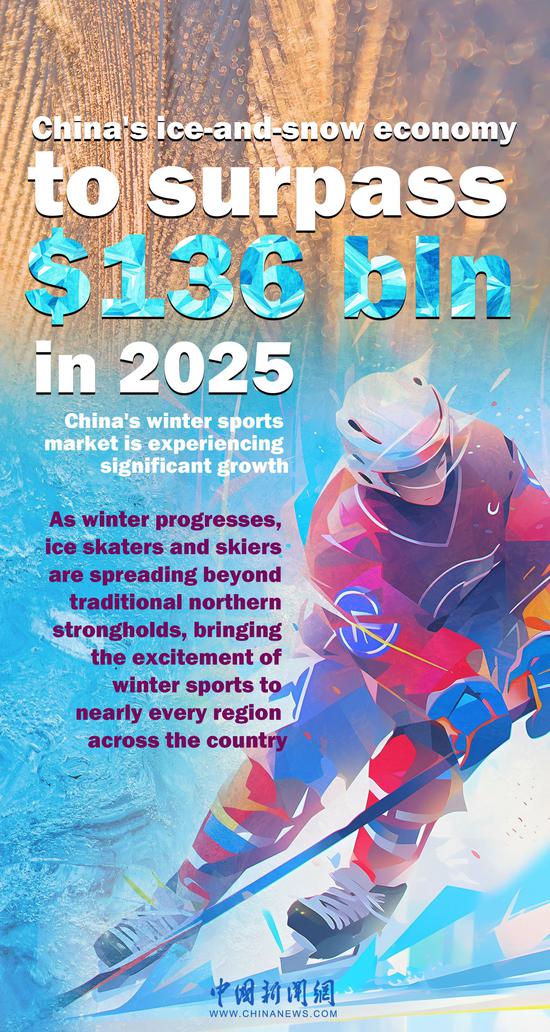
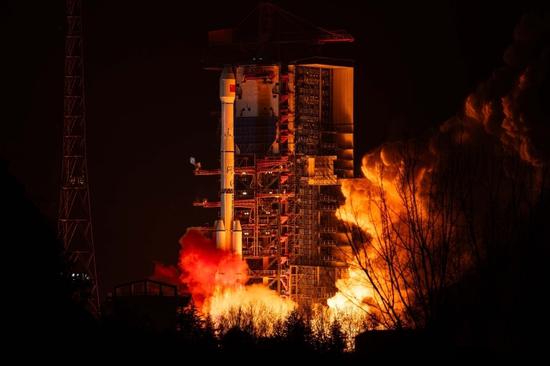
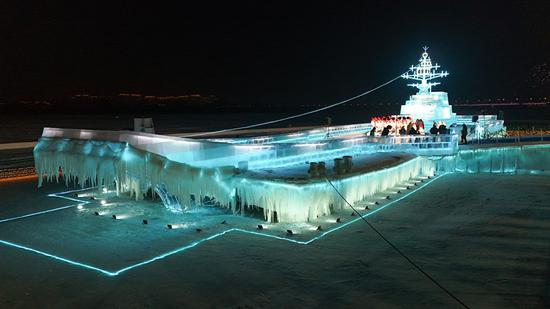




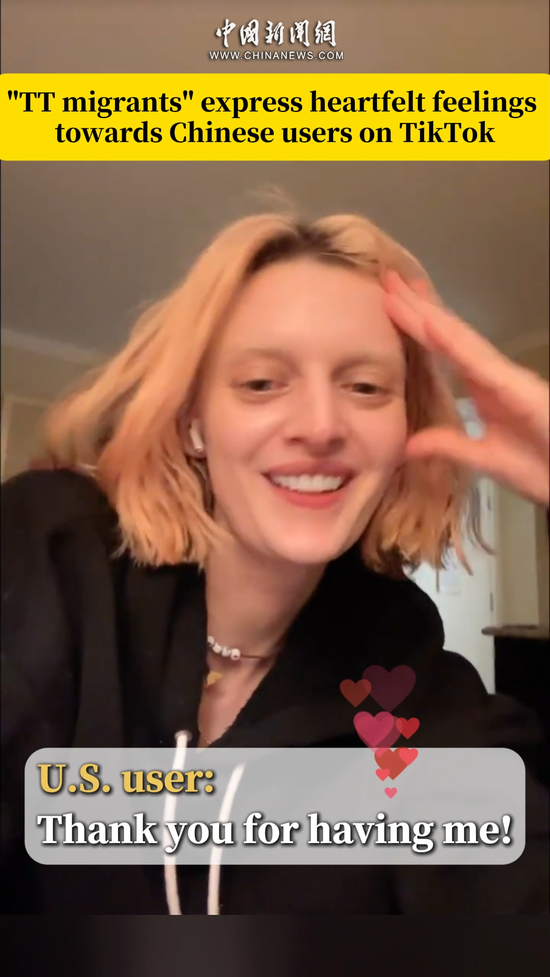

 京公网安备 11010202009201号
京公网安备 11010202009201号